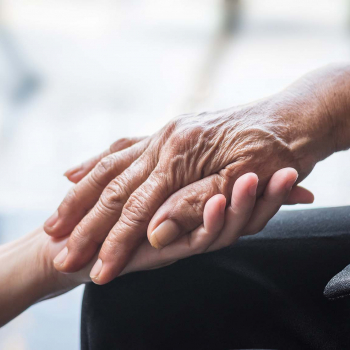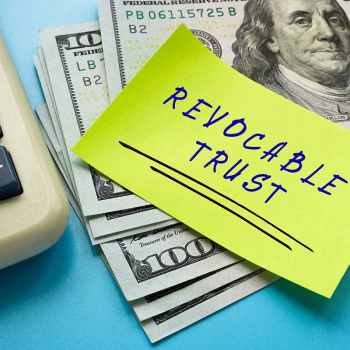While you won’t be planning a trip to the land of Oz like Dorothy, someday you will be thinking about how to pass on your life’s savings to your children and grandchildren. The automatic though is “I need a Will.” That is always true but trusts and beneficiary designations can also play a vital role. A will is a legal document that passes assets to the people you name, if those assets don’t pass to them because of joint ownership or beneficiary designations, or by trust. So, a will is always needed just in case the house, or bank account or stocks and bonds do not automatically transfer to the persons you want.











